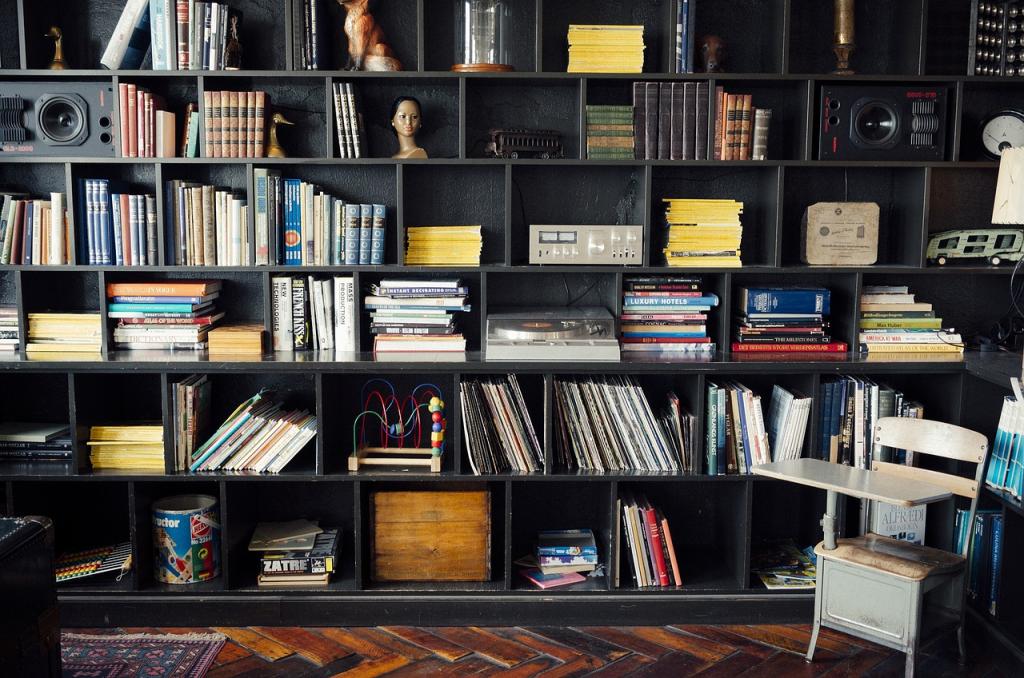Abstract
Digital history is neither a revolution nor a universal method; it is a form of craftsmanship that needs to be adapted to each occasion. In this presentation, we will look at a few ways in which the archives of the League of Nations can be “datafied” to answer specific historical questions. This does not necessarily involve large-scale digital infrastructures, but above all a good understanding of which method can bring what kind of new historical knowledge to a subject already well covered by historiography. In particular, we will be looking at how a network analysis of the correspondence archives of the International Committee on Intellectual Cooperation sheds new light on the internal dynamics of the institution in the 1920s. We will then look at several research avenues for taking advantage of other corpora in the recently digitized archives of the League of Nations, to discuss the use of facial recognition on the photographic collection or the recognition of named entities and topics in serial official documents (to compare with what can be extracted from the press archives of the same period).
Speaker
Martin Grandjean is a Senior Researcher in contemporary history and digital humanities at the University of Lausanne (UNIL), Switzerland. He holds a PhD in Arts from the University of Lausanne, and specializes in historical network analysis and historical data visualization. He has lectured at UNIL, EPFL and Unidistance. His research focuses on the history of international organizations, the League of Nations and intellectual cooperation. He is developing methods for the structural analysis of large corpora of international archives, and is particularly interested in the graphic and synthetic representation of this massive data. He recently joined the Impresso project (https://impresso-project.ch/), where he is continuing this research, combining it with an analysis of the press and radio. Martin Grandjean was also chair of Humanistica, the French-speaking digital humanities association, a member of the board of the Alliance of Digital Humanities Organizations, and is currently vice-director of Nucleus, the digital humanities center of the UNIL Faculty of Arts and co-chair of the Historical Network Research Community.




